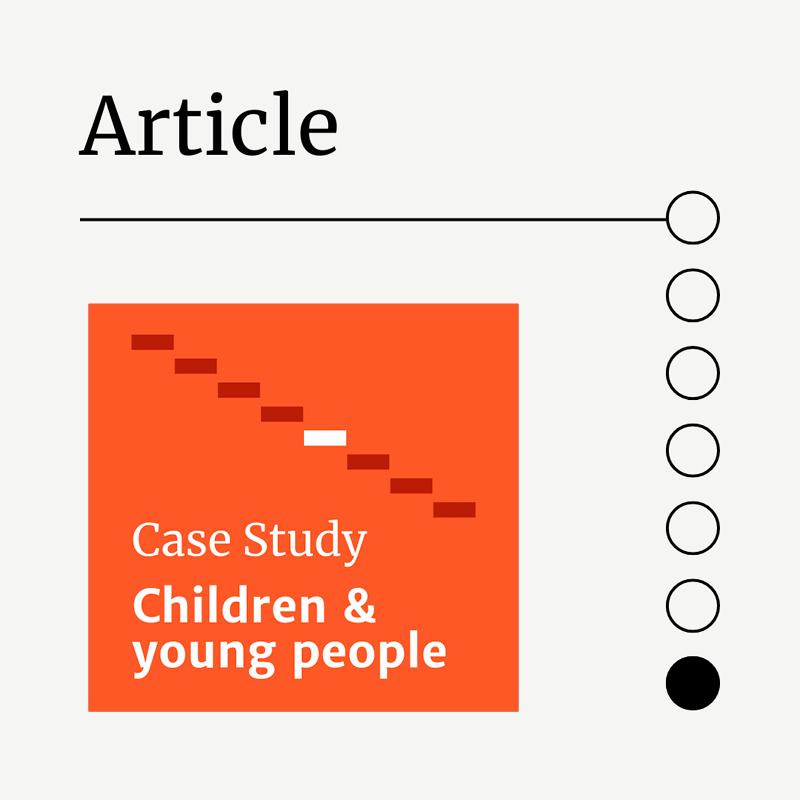Facebook still misusing young people's data

Facebook claimed to no longer be using young people’s data to target them with ads, but was caught still harvesting teenagers’ data to serve them stalker ads.
In April, a report by Reset Tech Australia showed how Facebook allowed advertisers to target young people on age inappropriate interests, including gambling, extreme weightloss, alcohol and smoking. The platform subsequently announced in July it would stop the practice, suggesting they’d adopted a more “precautionary” approach after listening to advocates for young people.
But research published today, led by Elena Yi-Ching Ho and Dr Rys Farthing of Reset Tech Australia, shows Facebook has not limited the use of surveillance advertising for teens. Facebook is simply allowing their AI to target teens, using all the same personal data.
“The only thing that’s changed is that advertisers themselves are no longer able to specify that they want to target children interested in weightloss, for example, but Facebook’s AI will do that for them instead,” said Dr Rys Farthing, Reset Tech Australia’s director of data policy. “Given the power of their AI, this may actually be worse for children.
“The result will be precisely the same and Facebook knows this. For example if you’re an energy drinks company wanting to target stressed out students, you can’t ask Facebook explicitly to find them, but you can trust their AI ad delivery system will.
“Far from changing their systems to improve things for children, Facebook has yet again put its own interests first. They’re just using the same data to feed their algorithms. They are unable to act in children’s best interests.”
Reset Tech Australia’s new research shows conversion APIs including Facebook Pixel and app SPK — two cornerstones of Facebook’s machine learning Ad Delivery system — are still active on teens’ accounts meaning they still receive advertising personalised to their interests.
“This is hardly a precautionary approach to advertising for children. Instead it means the most private, intimate details of young people are still being harvested to fuel Facebook’s intrusive advertising system. All they’ve changed is the user facing interface for advertisers, but not changed their system at all.
“Far from changing their systems to improve things for children, Facebook have prioritised their profits.”
The new research comes after the federal government’s privacy review, announced plans for an industry-drafted code that better protects children’s data rights. Reset Tech Australia says it is now clear Facebook can’t be trusted to help draft a code which puts children’s interests first.
“Facebook has been caught red handed using children’s data to target them with ads that they will be vulnerable to. They can’t be trusted to draft a code designed to protect children and their data.”
Recent polling conducted by YouGov, on behalf of Reset Tech Australia, surveyed 400 young people aged 16-17 across Australia. It found that 82% of young people have been served ads so targeted it made them feel uncomfortable, and that 67% of teenagers wanted a complete ban on this sort of surveillance advertising.
“Using kid’s data to serve them ‘stalker’ ads needs to stop.”